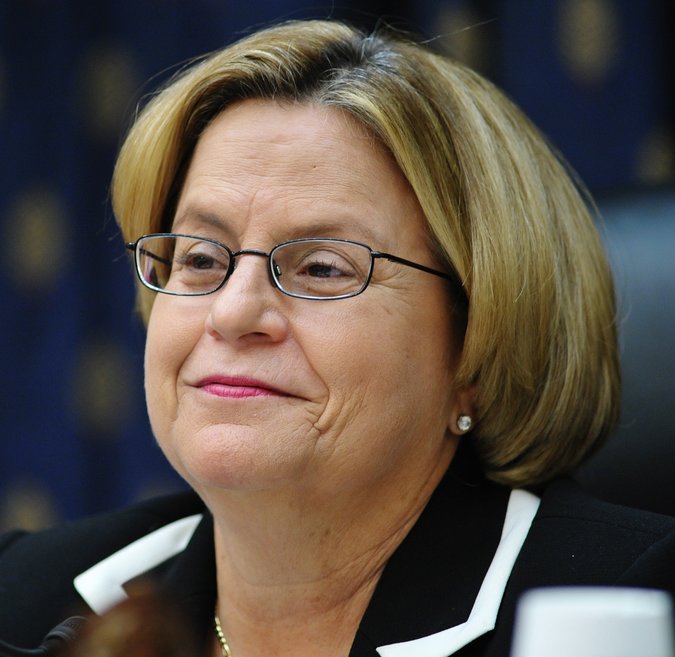
Cuba moves closer to exit U.S. terror list
MEXICO CITY — President Obama’s decision to remove Cuba from a list of state sponsors of terrorism is not likely to face a challenge in Congress, after a Republican who had threatened to lead the opposition said Thursday that there was no legal mechanism to do so.
The turnabout moves Cuba closer to getting off the list, a crucial step in normalizing diplomatic ties between it and the United States. Mr. Obama notified Congress last week that a State Department review demonstrated that Cuba no longer deserved the designation first imposed in 1982, when it was sponsoring leftist insurgencies in the hemisphere.
The State Department report said Cuba had not sponsored any international terrorism recently and had promised not to do so in the future. Without the congressional challenge, Mr. Obama’s decision to remove Cuba from the list — which includes Iran, Syria and Sudan — will take effect in late May, after a 45-day review period.
The Republican who had threatened to challenge Mr. Obama’s decision in Congress, Representative Ileana Ros-Lehtinen of Florida, has long opposed the Cuban government.
A Congressional Research Service report and State Department officials had said a joint resolution by both houses could block the move, provided the resolution withstood a veto by Mr. Obama.
But Ms. Ros-Lehtinen said a legal analysis by Republicans doubted that Congress had the authority to challenge Mr. Obama’s decision, saying two of the three statutes that apply to the terrorism list designation do not allow Congress to block the move.
“A joint resolution to repeal would not have the practical effect of comprehensively blocking the delisting from each applicable law that many assumed it would,” Ms. Ros-Lehtinen said.
Several analysts had also cast doubt on whether there was enough support in Congress even to try to block Mr. Obama’s decision.
Christopher Sabatini, a scholar of United States-Cuba relations at Columbia University, suggested that the Republicans’ legal review provided cover for the possibility that the votes were not there.
“This was the hard-liners’ white flag,” Mr. Sabatini said. “They had been planning to present a piece of legislation in the allotted 45 days to overturn the removal of Cuba from the list, but couldn’t get a majority. Rather than risk looking even more isolated, they abandoned it.”
Cuba had suggested it could not move forward with restoring formal diplomatic relations and exchanging ambassadors while it remained on the list. The two countries have been in talks to reopen embassies closed since 1961.
American negotiators are pushing for diplomats from the United States to have unrestricted travel around Cuba and unencumbered access to the embassy.
(From: The New York Times)


